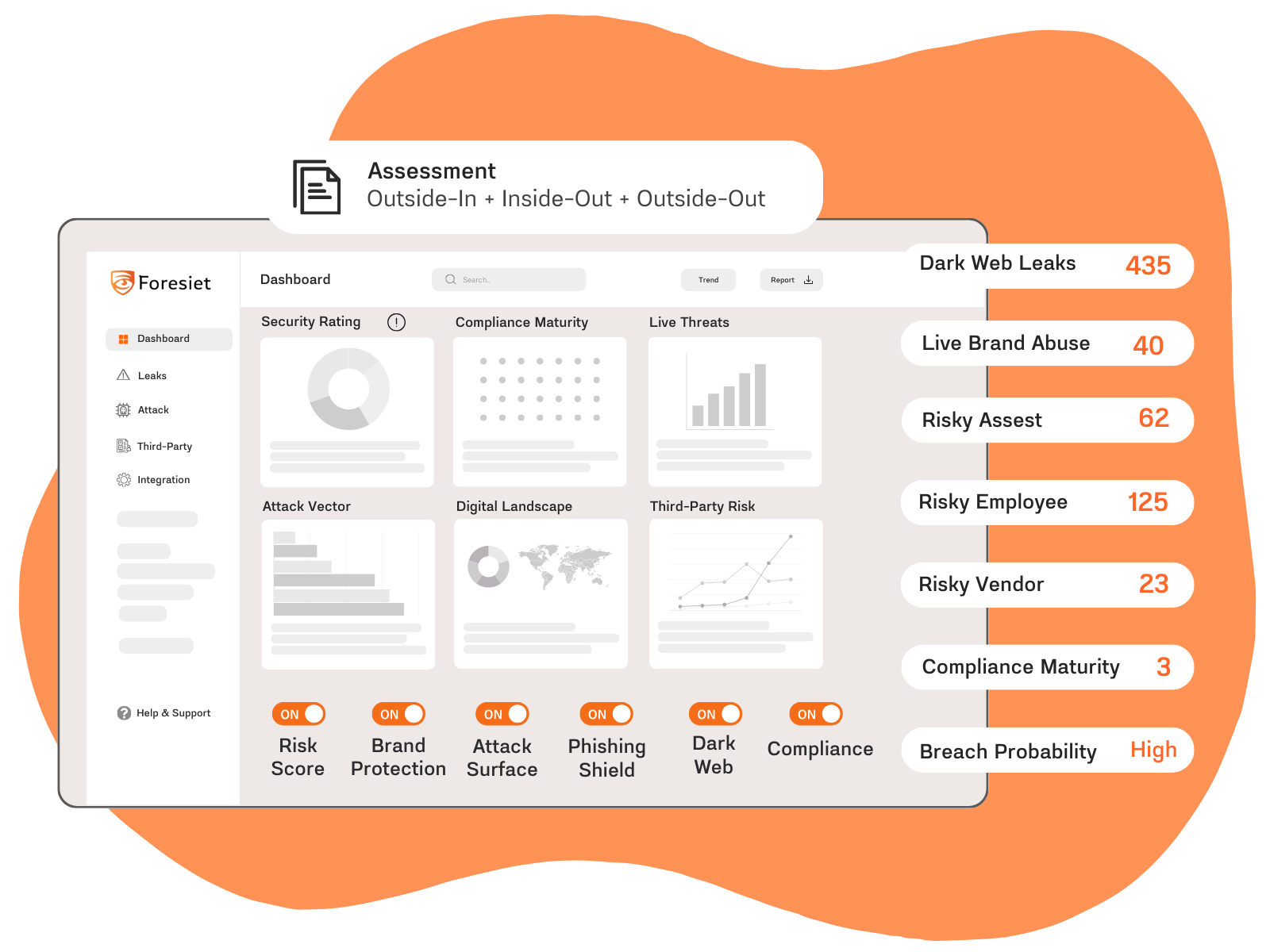Geopolitical Concerns Cast Shadow Over Microsoft's Partnership with UAE's AI Firm Group 42

Introduction
A highly publicized partnership between Microsoft and Group 42 Holdings, a UAE-based AI firm, is under scrutiny due to geopolitical concerns. US officials worry that Group 42’s ties with China could lead to technology leaks, posing significant national security risks.
Background on Group 42 Holdings
Founded in 2018 in the United Arab Emirates, Group 42 Holdings (G42) specializes in developing AI technologies for various industries. Despite its assurance of cutting military and intelligence ties with China since 2022, the US government remains skeptical.
Key Concerns and US Government Stance
The US government's concerns are rooted in Group 42's historical connections with China. US officials continue to voice misgivings, despite Group 42's claims of focusing solely on commercial AI development. The UAE's national security adviser, Tahnoun bin Zayed Al Nahyan, and G42 CEO Peng Xiao are key shareholders, adding to the complexity of the issue.
US technology companies like Microsoft face a challenging landscape in expanding into regions like Africa and the Middle East due to these geopolitical tensions. As Tal Mandel Bar from DoControl highlights, navigating national security concerns, data privacy issues, and competing interests is a tricky balancing act.
US Actions Against Chinese and Russian Tech Influence
The US government has previously taken strong measures against companies with ties to China and Russia. For instance, in 2020, the FCC designated Huawei and ZTE as national security threats, and more recently, the Biden administration banned Kaspersky from offering services in the US. These actions underscore the heightened scrutiny on foreign technology firms.
Microsoft's Strategic Moves in Africa
Despite the concerns, the US has also taken proactive steps to counter China's and Russia's growing influence in Africa and the Middle East. Notably, Kenya was designated a "major non-NATO ally" in May, and the US approved technology investments in the region, including a $1 billion collaboration between Microsoft and Group 42 Holdings.
Congressional Investigations
In January, Rep. Mike Gallagher requested an investigation into whether G42 poses technology export-control risks due to its alleged connections to China's military-civil fusion efforts. G42 has denied these allegations, asserting its commitment to compliance and ethical standards.
US Incentives and Strategic Interests
The US government sees partnerships like that of Microsoft and G42 as strategic moves to reduce reliance on Chinese technology. Tarun Chhabra, a senior technology director at the US National Security Council, emphasized the importance of fostering alternatives to Chinese firms like Huawei.
Challenges in Enforcing Technology Bans
Enforcing bans on foreign partnerships is complex and requires rigorous audits, but even these measures can't fully guarantee against technology leaks. The US continues to seek a balanced approach to safeguarding national security while fostering beneficial international collaborations.
The Path Forward
For companies like Microsoft and Cisco, geopolitical risks are an inherent cost of doing business in volatile regions. As John Bambenek of Bambenek Consulting points out, these companies must weigh the risks against the potential for their users to turn to Chinese or Russian alternatives.
Conclusion
The scrutiny on Microsoft's partnership with Group 42 highlights the intricate interplay between technological innovation and geopolitical strategy. As AI capabilities continue to grow, safeguarding digital infrastructure and ensuring national security remain top priorities for US policymakers.
About Foresiet!
Foresiet is the pioneering force in digital security solutions, offering the first integrated Digital Risk Protection SaaS platform. With 24x7x365 dark web monitoring and proactive threat intelligence, Foresiet safeguards against data breaches and intellectual property theft. Our robust suite includes brand protection, takedown services, and supply chain assessment, enhancing your organization's defense mechanisms. Attack surface management is a key component of our approach, ensuring comprehensive protection across all vulnerable points. Compliance is assured through adherence to ISO27001, NIST, GDPR, PCI, SOX, HIPAA, SAMA, CITC, and Third Party regulations. Additionally, our advanced antiphishing shield provides unparalleled protection against malicious emails. Trust Foresiet to empower your organization to navigate the digital landscape securely and confidently.
Protect your brand, reputation, data, and systems with Foresiet's Integrated Digital Risk Platform. 24/7/365 threat monitoring for total peace of mind.


July 10, 2025, 9 a.m.
